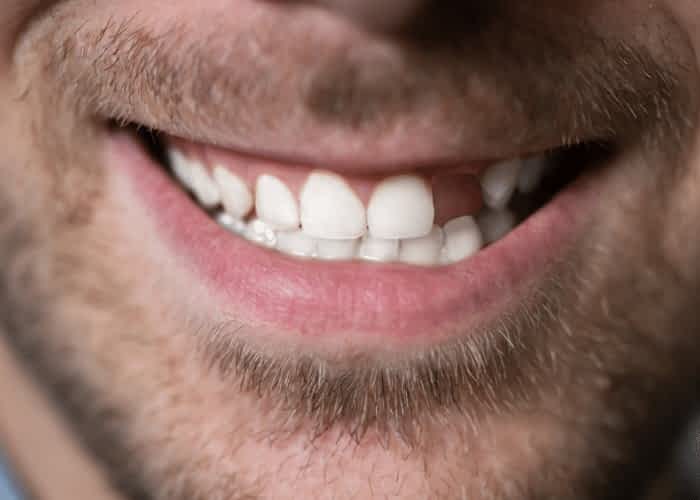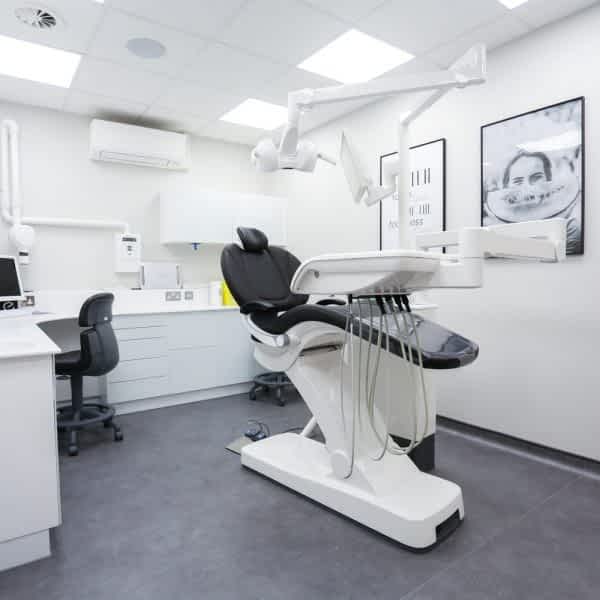
What options do I have when it comes to missing teeth?
Finding yourself with a missing tooth is an unwelcome and sometimes unsightly affair. You might feel embarrassed. Maybe you are having difficulty chewing? You may feel frustrated by food that is constantly getting stuck in the gaps. Some words can become difficult to pronounce, and in some cases you might notice that the shape of your face is changing. Can you believe that missing teeth can reap so much havoc!
Obviously, if you find yourself experiencing any one of these issues you will want to explore the options to fill the gap. What can you do? How much will it cost? There are many more questions when it comes to missing teeth, and today, we hope to answer the most common ones.
Can missing teeth be replaced?
Each of our teeth is there for a reason and serves a specific purpose. They all work together to help you chew properly, to smile, to talk and to give structure to your facial features. When we face the problem of a missing tooth (or teeth), the loss of even one tooth can cause the natural harmony in your jaw and mouth to look and operate effectively. Facial muscles concave over time and coupled with the absence of a tooth will contribute to a sunken, aged look. Thankfully, there are numerous options for replacing missing teeth.
What is the best solution for missing teeth?
There are numerous options to replace one or more missing teeth, depending on your budget, personal choice as well as the recommendations you will receive from your dentist based on your personal case:
Implant
Dental Implants, can offer the closest artificial match to an entire missing tooth. An implant feels and acts just like a real tooth and is the preferred option where it is suitable for a patient. It’s a surgical procedure in which a titanium post is implanted into the jaw and replaces the root of the tooth. It integrates with your jaw bone and once settled, a crown cap that mimics a real tooth is fitted to the top of the implant. The great part is that when smiling no one will ever know the difference between your natural tooth and your implant tooth!
Crown
A crown can be used either in conjunction with an implant or joined to what may be left of your real tooth. In this case it would only be suitable where some tooth and the root remain, so it won’t be right for everyone but is a possibility for those who are missing just part of their tooth.
Bridge
Fixed Bridge
If implants and crowns are not the right route for you, you could opt for a fixed dental bridge. This is ideal for those who have more than one tooth missing in the same area. As the name suggests, this fixed option bridges the gap created by your missing teeth by making use of a prosthetic tooth attached to adjacent teeth or combined with dental implants to connect to. This option also feels natural and generally functions like original teeth and there is no need to remove and clean the fixed dental bridge separately.Retained Bridge
This type of bridge is best for those who are missing front teeth. A fixed bridge would be better in the case of missing molars in order to chew, but the retained bridge is good for teeth that don’t sustain a lot of pressure. This type of bridge is removable and maybe more suitable for those who have suffered bone loss making implants unsuitable. They are less durable than fixed bridges, but can be a more cost-effective option.Denture
Partial Denture
This type of denture is removable and will normally replace a section of teeth instead of only a single missing tooth. It provides for comfortable eating and general aesthetic appeal. However, they are less durable than dental implants. They are generally easy to repair and therefore offer a cost-effective shorter-term solution for missing teeth.Complete Denture
This type of denture is also removable and is often the replacement solution chosen when the majority of a person’s teeth have been lost. Do bear in mind though, that this type of denture is not meant to be worn all day every day and at least, for comfort, should be removed when sleeping.Do nothing
You might wonder why we are mentioning this as an option, as it’s certainly not a route we would recommend. We feel it’s important to explain the implications of a very common but unadvisable approach of ‘burying one’s head in the sand’ and trying to forget about your missing teeth.
You might think, ‘what’s the worst that can happen’ especially if your missing tooth hasn’t started to really bother you or is hidden at the back of your mouth.
It’s natural for teeth to support each other which helps to keep them secure and aligned. However, if there are any missing, the balance is disrupted. The loss of a tooth will create an environmental change in your mouth, which your remaining teeth will try to adapt and adjust to and this can mean unexpected movement. Unfortunately, this can lead to problems bite issues as your upper and lower jaws will not align as comfortably as they once did.
Furthermore, it can put you at risk of further tooth decay and gum disease. The space left by a missing tooth, leaves your gums and neighbouring teeth open to attack. Bacteria can quickly access and set up home in this newly exposed area. It’s important to act fast and find a means of filling the gap to avoid a domino effect of destruction and decay working through your mouth.
What may start as just one absent tooth can quickly lead to several missing teeth, which we can assure you is a more complex and costly situation to resolve. There is always a better option than doing nothing!
It’s always advised to replace one or more missing teeth as soon as possible, so be sure to consult your dentist. If you are looking for high-quality dentistry without breaking the bank, Banning Dental Clinics have an affordable private dentistry solution for you.










